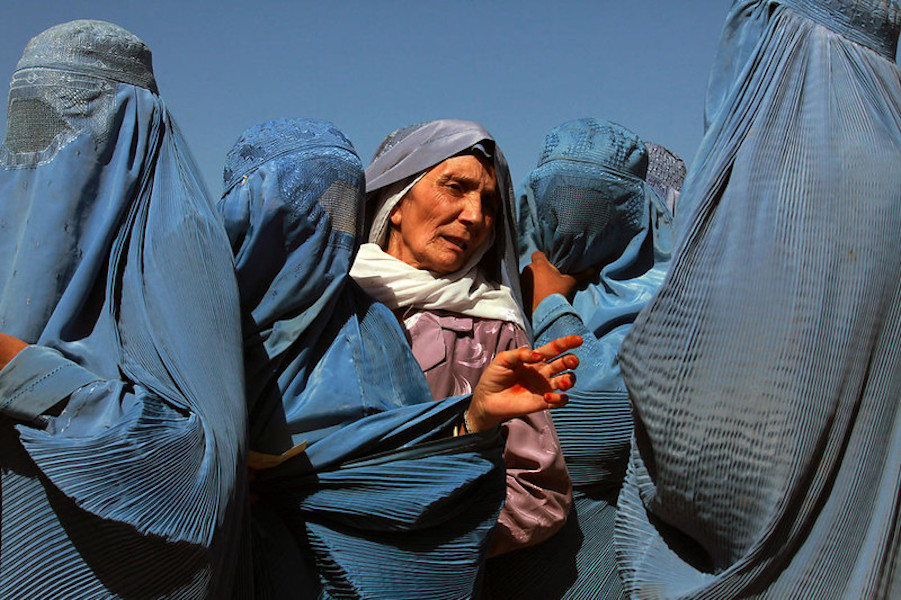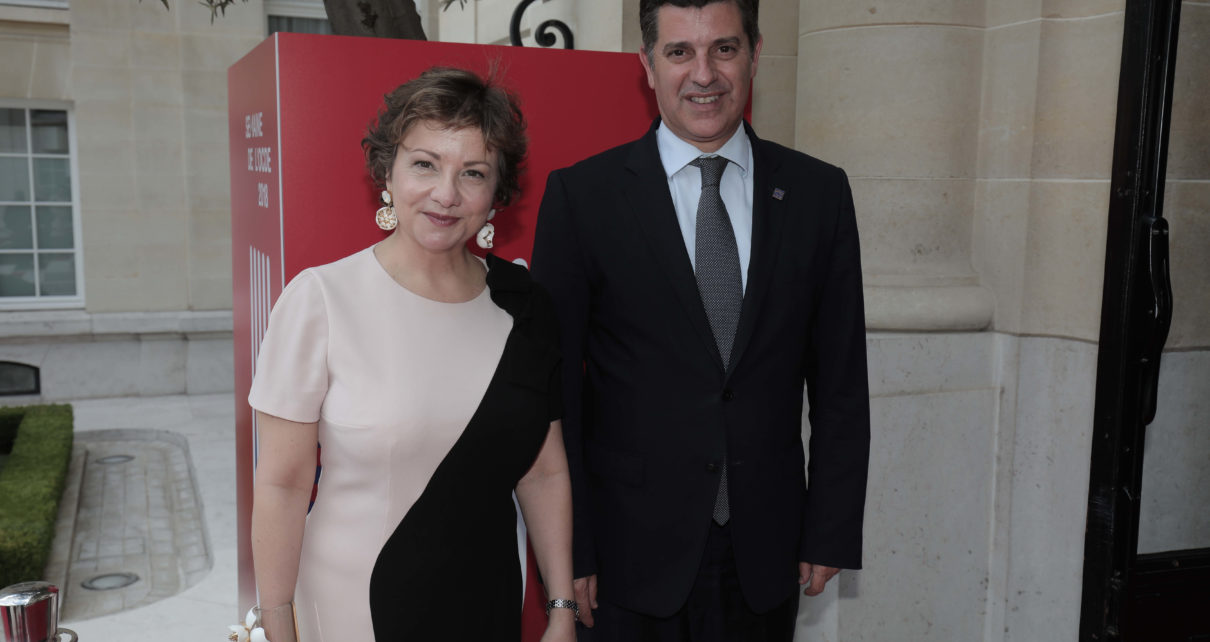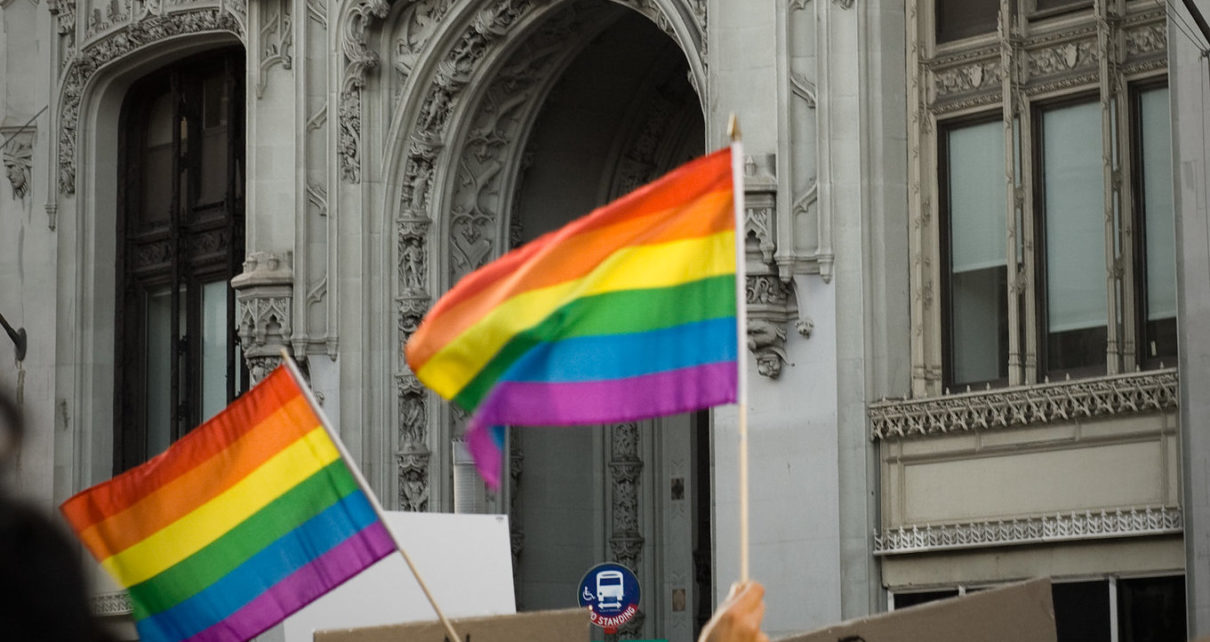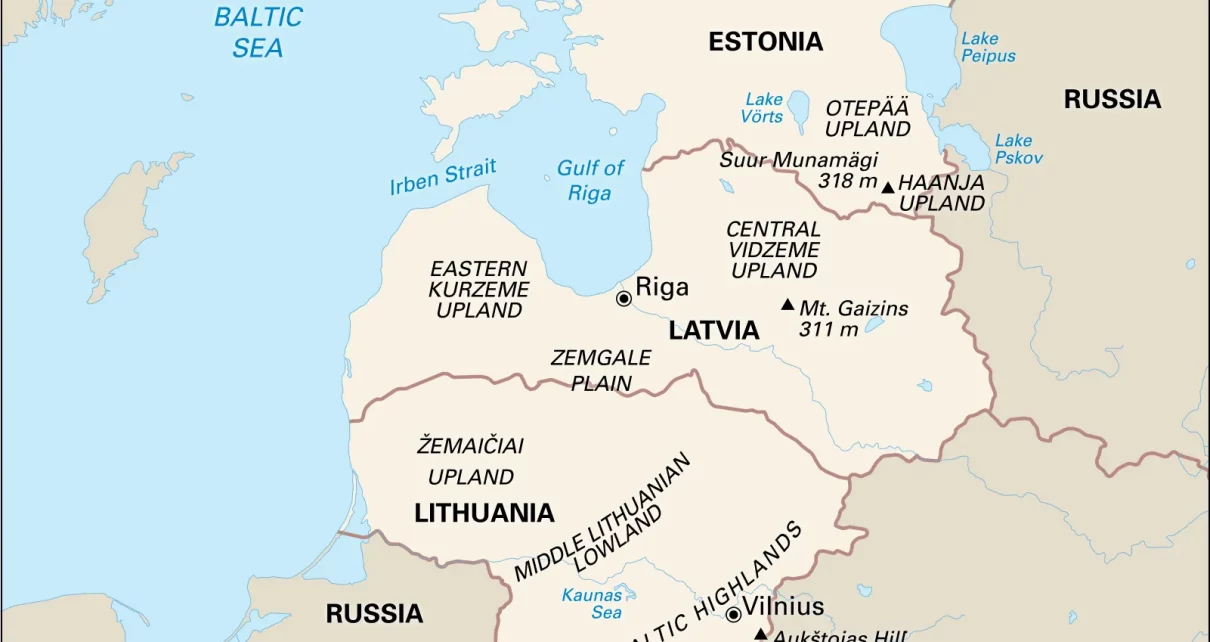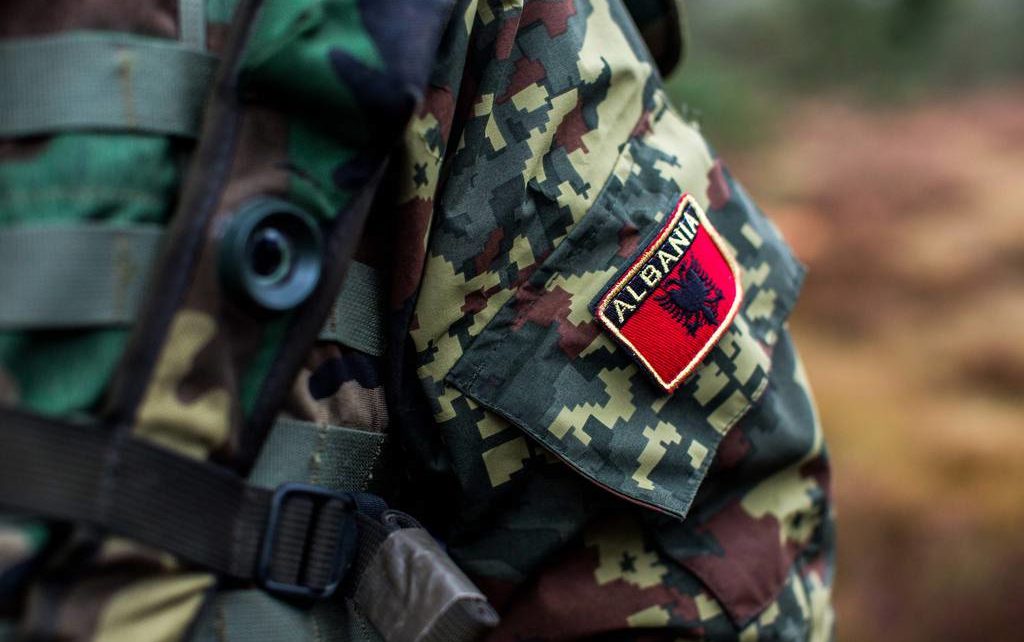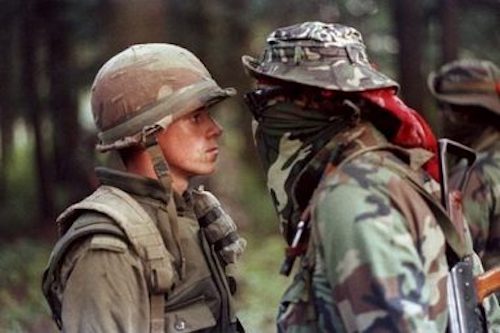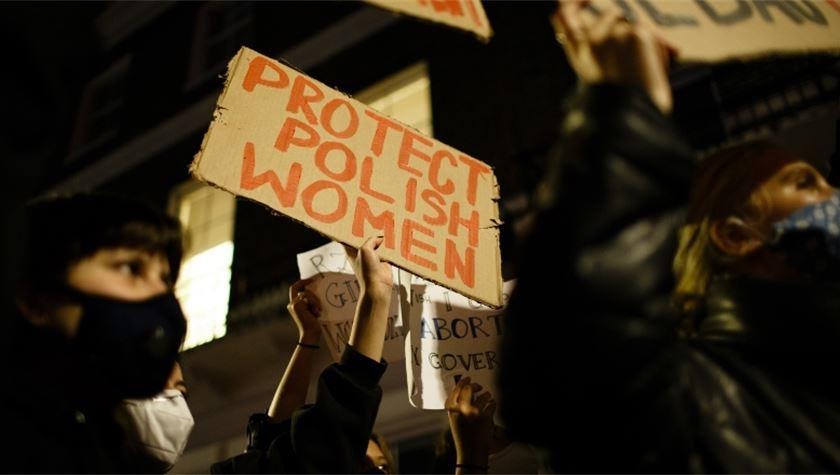Many women in Afghanistan have expressed that every day is a battle to be seen, heard, and recognized as autonomous members of their own communities. In August 2021, just as the United States withdrew from Afghanistan, the Taliban regained power. With this came a promise to uphold women’s rights that would soon be broken. Eighteen Read More…
Women in Security
Women in Security covers a wide-range of issues as it explores the link between women, security, and development. As a forum to stimulate discussion and instructive debates, the NATO Association of Canada will examine the ways in which women both contribute to and are the focus of Canadian and NATO defence and security initiatives. This program also offers a critical look at the structures and institutions that shape the role of women in security at home and abroad.
Connection as Currency: Josée Touchette’s Key to Decision-making
What do multilateralism and human connection have in common? According to Josée Touchette, they both play a role in the solving the world’s most pressing issues. On January 24th, Josée Touchette, Executive Director of the Organization for Economic Cooperation and Development (OECD), spoke at the Munk School of Global Affairs and Public Policy regarding multilateralism Read More…
Are Peacemaking Processes in Peril?
Is peacemaking in peril? In this article, Maya Gandhi highlights the lack of progress made on the United Nations Sustainable Development Goals and how it could negatively affect the international community’s ability to bring innovative and sustainable peace to regions enduring conflict.
NATO Needs to Act When Member States Curb LGBTQ+ Rights
Hungary frequently discriminates against minority groups, including members of the LGBTQ+ community, violating standards of human rights. In this article, Jordan McEwen and Diana Fodor discuss why NATO should intervene to address Hungary’s rollbacks of LGBTQ+ rights.
The International Implications of Roe v. Wade’s Overturn
The international community has responded to the US Supreme Courts’ overturn of Roe v. Wade. In this article, Jordan McEwen highlights international concerns, specifically for human rights and democracy.
Defying Stereotypes: The Growing Importance of Women in the Armed Forces of the Baltic States
In the northeastern region of Europe, on the eastern shores of the Baltic Sea, are three small but critical NATO member-states: Estonia, Latvia, and Lithuania. Referred to collectively as the Baltic states, these countries are members of the European Union and have played an important role in NATO since they joined the alliance in 2004. Read More…
Examining the Setbacks in Women Leadership in the Context of the Albanian Armed Forces
Women in positions of leadership has been a subject of debate recently in the Albanian Armed Forces. However, a new political improvement was the commitment to the adoption of the UN resolution on Women Peace and Security, which served as the benchmark for the forthcoming Albanian National Action Plan (ANAP) Despite the ongoing progress made in ten years, the figures on paper differ from reality.
The Crisis in Afghanistan: An Interview with Journalist and Human Rights Activist, Sally Armstrong
On the streets of Kabul, advertisements depicting the faces of women are sprayed painted over. In a fitting metaphor for the regression of the gains made in the last 20 years, it took only days for years of progress to unravel following the withdrawal of American operations on August 31st and the Taliban’s sweeping takeover. In the following interview, NATO Association of Canada Junior Research Fellow Brynn Hopper sat down with Sally Armstrong to discuss the unfolding crisis in Afghanistan, its implications for women’s rights, and the international security threat it poses.
A Brief History of Canada’s Armed Forces and its Indigenous Peoples
As the country observes its first National Day for Truth and Reconciliation, Caleigh Wong explores the history between Canada’s Armed Forces and its Indigenous peoples. From Oka to the Proud Boys, repeated disappointments in the Forces’ commitment to protect all Canadians demands greater efforts for reconciliation in the military and across all federal institutions.
An Attack on Autonomy
In this article, Brynn Hopper explores Poland’s backsliding on women’s rights issues and the implications of a near total ban on abortion.

